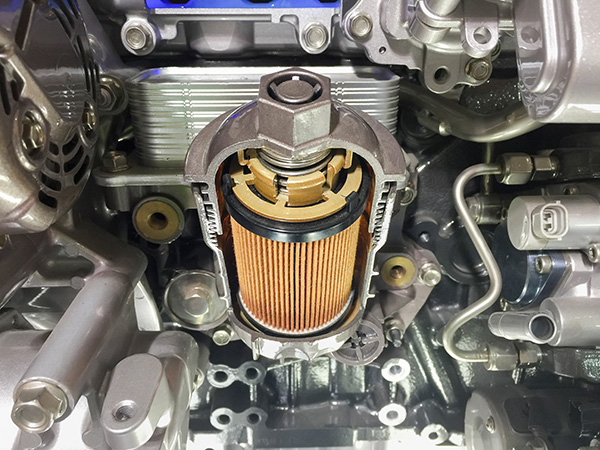
Maintaining your car's fuel system is required for optimal performance, and a key component of this system is the fuel filter. Over time, fuel filters can become clogged with debris, impacting your car's efficiency and performance. But how do you know when it's time to change your car's fuel filter? Here are five signs to watch out for that indicate it's time for a replacement.
1. Decreased Engine Performance
One of the most noticeable signs of a clogged fuel filter is decreased engine performance. Have you noticed your car struggling to accelerate or not reaching its usual speeds? A dirty fuel filter restricts fuel flow to your engine, causing it to work harder and reducing its overall efficiency. This can result in sluggish acceleration and a general lack of power, especially when driving uphill or towing heavy loads.
2. Difficulty Starting the Car
A clogged fuel filter can also make starting your car difficult. When the filter is dirty, fuel has a harder time reaching the engine. If you've been experiencing frequent hard starts or your car requires multiple attempts to start, it could be due to a fuel filter needing replacing. In some cases, the car might not start at all if the filter is completely blocked.
3. Frequent Engine Misfires
An engine misfire occurs when one or more of the engine's cylinders fail to ignite properly. This can be caused by an inconsistent fuel supply, often due to a clogged fuel filter. If you notice your car jerking or stuttering while driving, it's likely a sign of an engine misfire. Ignoring this problem can lead to more severe engine damage over time, so it's best to address it promptly.
4. Unusual Engine Noises
Strange noises coming from your engine can also be a symptom of a dirty fuel filter. Listen for sputtering, knocking, or pinging sounds, especially when accelerating. These noises are often a result of your engine not getting a consistent supply of fuel, causing it to struggle and work inefficiently. If you hear these sounds, check your fuel filter.
5. Reduced Fuel Efficiency
A clogged fuel filter can significantly reduce your car's fuel efficiency. When the filter is dirty, your engine has to work harder to draw fuel, which can lead to increased fuel consumption. If you've noticed that you're making more trips to the gas station than usual, it may be time to inspect and replace your fuel filter. Keeping your filter clean ensures that your engine runs efficiently and helps you save on fuel costs.
When Should You Replace Your Fuel Filter?
While these signs indicate that your fuel filter needs attention, following your car manufacturer's maintenance schedule is important. Typically, fuel filters should be replaced every 20,000 to 30,000 miles, but this can vary depending on your vehicle and driving conditions. Regular maintenance checks can help catch a clogged filter before it becomes a bigger problem.
How to Replace a Fuel Filter
Replacing a fuel filter can be a straightforward process, but it's essential to follow the correct steps to avoid damaging your vehicle. Here's a basic guide:
- Locate the Fuel Filter: Check your vehicle's manual to find the fuel filter's location. It's usually along the fuel line or near the fuel tank.
- Relieve Fuel System Pressure: Before removing the filter, loosen the gas cap and disconnect the battery to relieve the fuel system pressure.
- Remove the Old Filter: Use a wrench to disconnect the fuel lines from the filter. Be cautious of any fuel that might spill out.
- Install the New Filter: Attach the new filter in the same position as the old one, ensuring the flow direction is correct.
- Reconnect the Fuel Lines: Secure the fuel lines back onto the new filter, tighten them with the wrench, and reconnect the battery.
Not sure how to change your fuel filter or diagnose the issue? Let Space Center Automotive of Clear Lake experts take care of it for you. Stop by our auto repair shop for a thorough inspection and reliable maintenance.